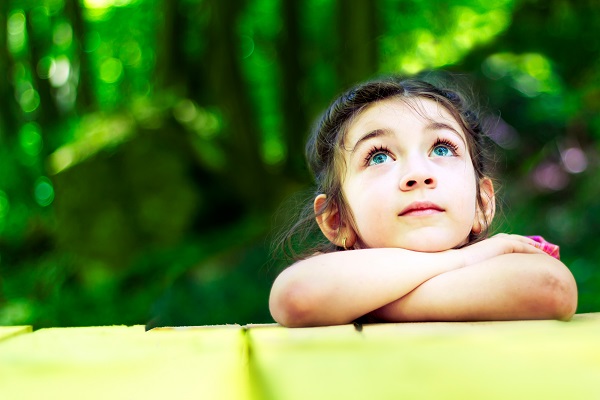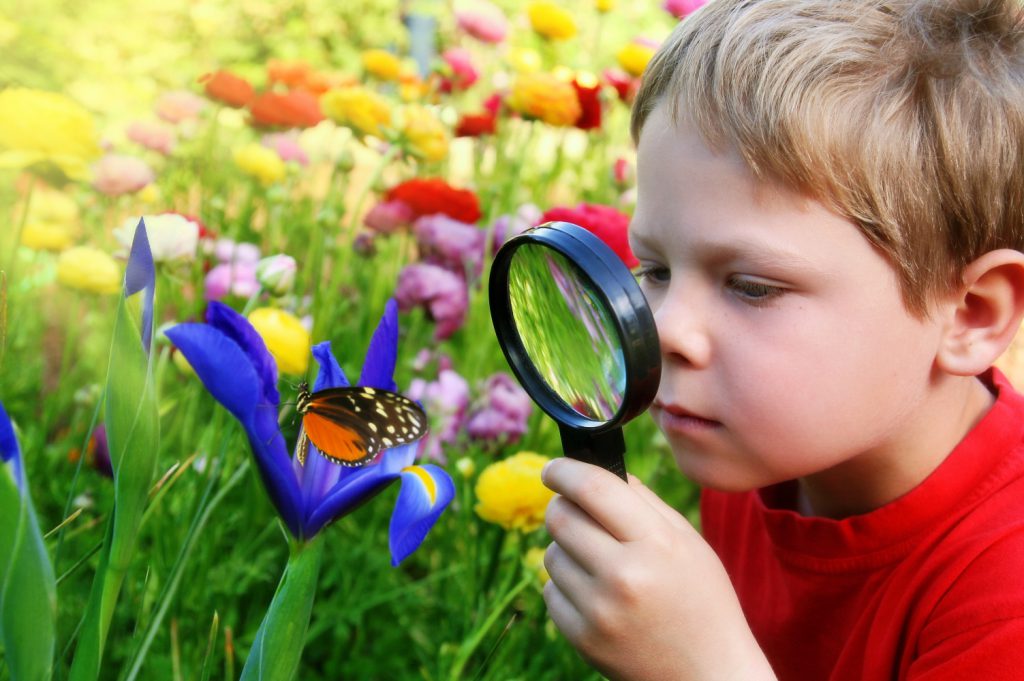“Mamma, why is the moon always following us?” A curious little mind once asked; while they were on the way back home late evening.
Mommy smiled; “Sweetie the moon wants to play peek-a-boo with us. But the earth we live in is so big than the moon and the moon’s light is so very bright that it can’t hide. That is why we can spot it from anywhere”, replied mommy patiently. The excited little girl kept looking at the moon.
Yes! Our human mind is wired with curiosity right from an early age. From the tender age of eight months, a child’s brain starts posing questions. There are no seven wonders in the eyes of a child, there are seven million. And curiosity fosters a feeling of learning more.
You can spot curiosity when:

- A child who daydreams about being an astronaut, underwater diver, chef, artist etc.
- A child that puts together their own very unique outfits in the mornings or for any occasion.
- A child who doodles and draws.
- A child that isn’t satisfied with a one-sentence answer to a question that they may ask such as “Why did the dinosaurs die? Will they ever come back?
You have to let the questions be as lame and silly as possible. Increase their level of curiosity by increasing their sense of wondering and wandering. Silencing them to get away from their questions, will only suppress their natural learning process.
Asking questions and sparking their thought process is something that is easily done with children. Talk to them and ask them simple questions that encourage them to think about what they are experiencing.

- How does the grass feel against your feet?
- Do you hear the sound your kitty makes?
Even babies who can’t form the sentence to answer pick up on action words like feel and hear. By asking intentional questions, you stretch a child’s mind and reasoning ability and encourage their creativity and independence. The scientific research backs up with the result that those children who often experience curiosity and wonder, and act on these feelings to explore their world fare better at school, in relationships, at work, and end up being intelligent, creative, satisfied people. The future belongs the curious ones, who are not afraid to try it explore it, poke at it, question it and turn it inside out.
"Children do not need to be made to learn" since they are already born with what Einstein called "the holy curiosity of inquiry". – John Holt




















